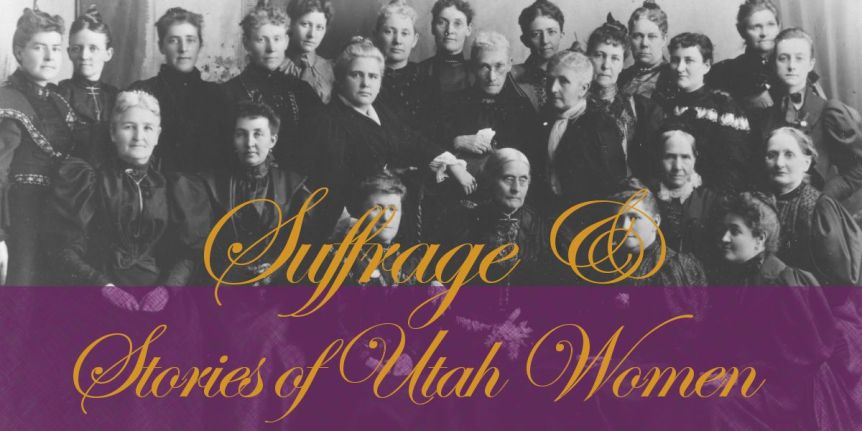
First Two Women in the House: Stories of Utah Women
The newly ratified Utah State Constitution finally provided women the right to vote and to hold office in 1896. Sarah E. Anderson and Eurithe K. Barthe were elected for the very next term in the State House of Representatives.
Eurithe K. LaBarthe
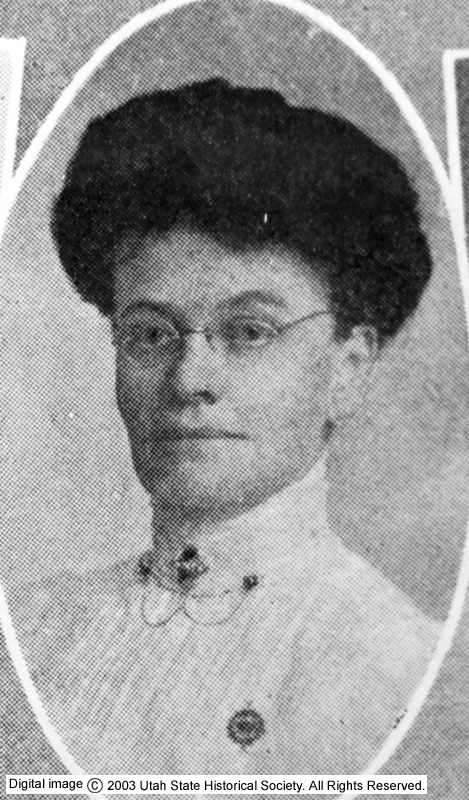
Courtesy of Utah State Historical Society
Eurithe K. LaBarthe was born in Illinois in 1845, moved to Colorado where she was a teacher and principal at a school, and then moved to Utah in 1892. She was elected in 1896 and was referred to in the Salt Lake Tribune as the “First Gentile Woman Legislator” because she was not Mormon. She was prominently known for her High Hat Bill. The bill states, “Any person attending a theater, opera-house or an indoor place of amusement as a spectator shall remove headwear tending to obstruct the view of any other person.” Violation of this resulted in a fine that could be up to ten dollars. Because of her background in education she also served as Chairman on the Education Committee for the House.
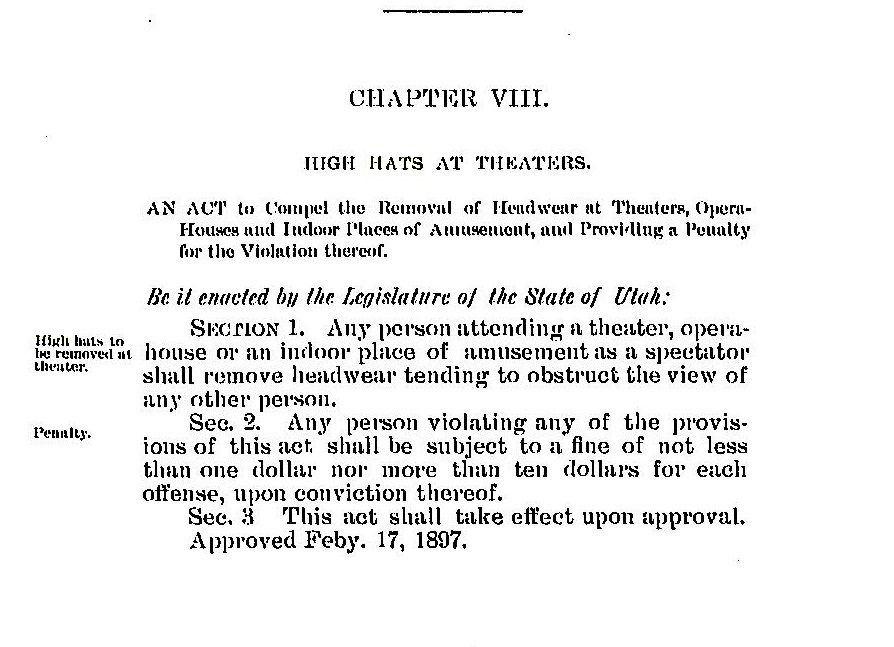
Eurithe attempted to pass a curfew for children, but the House rejected the bill.
Eurithe was President of the Women’s Literary Club while she lived in Utah and served in the Legislature. The Literary Club provided higher education at a time when it was not readily available to women. They focused mainly on history at the beginning, but as time went on they branched out into other topics such as poetry, art, and politics. The society was heavily involved in charity work and later helped pass a bill for the first free library in Utah. They also purchased two thousand books in order to help start the library.
Eurithe later moved back to Colorado and continued her work in ladies’ clubs there. She died while visiting her son in Salt Lake City on November 22, 1910.
Sarah E. Anderson
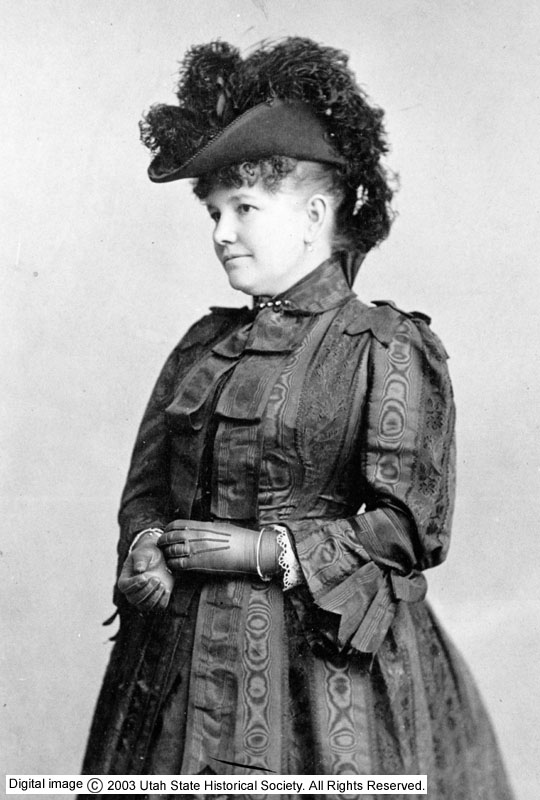
Courtesy of Utah State Historical Society
Sarah E. Anderson, neé Nelson, was born in Weber County in 1853. She married a physician, Porter L. Anderson, when she was just 17. Porter died in 1888, leaving her with five children. When the State Constitution was up for ratification she was interested in registering to vote to ratify. The Utah Enabling Act of 1894, which governed Constitutional ratification, asked for everyone who was a qualified voter of said proposed state to vote. The new State Constitution enabled women to vote. Sarah proceeded to ask to register in order to vote for ratification.
The Registrar, Mr. Tryee, refused to comply, and Sarah appealed to the courts. Sarah won the original trial, but Tryee promptly appealed to the territorial Supreme Court. The Supreme Court ruled that women would not have the right to vote for the State Constitution.
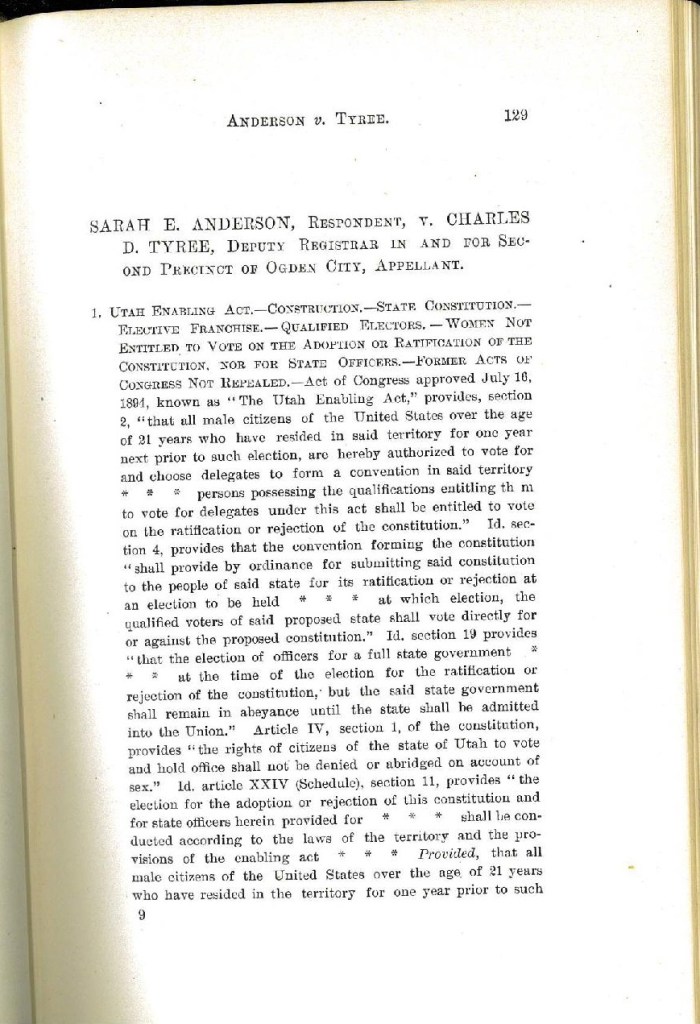
Sarah E. Anderson did not let that stop her from participating in politics. She ran for the House the first term she was eligible to do so in 1896. Although she did not propose many bills, the ones she did were often not considered or never passed. Her most prominent contribution was a bill to teach the effects of alcohol in public schools. Her original bill did not pass, but it was incorporated into a later bill which was enacted.
Sarah E Anderson died in 1900, just after her term was completed.
Sources
Clark, Rebekah. “Euriteh K. LaBarthe, Author of the ‘High Hat Law.’” Better Days 2020 https://www.utahwomenshistory.org/bios/eurithelabarthe/
Peck, Allesen. “Ladies Literary Club of Salt lake City record, 1879-2019.” Archives West. Accessed March 19, 2020. http://archiveswest.orbiscascade.org/ark:/80444/xv12194#ID1JAKIODX0PJRPNZNSZ1ICGS3HI4LUSKWAQDKN2DVQ4UT3SXHZ5UB
Van Leer, Twila. “3 Women Triumphed in 1896 Vote.” Deseret News, January 24, 1995. https://www.deseret.com/1995/1/24/19155294/3-women-triumphed-in-1896-vote
White, Jean Bickmore, “Gentle Persuaders Utah’s First Women Legislators.” Utah Historical Quarterly, 38, no. 1 (Jan 1970): 31-49). http://utahhistory.sdlhost.com/#/item/000000031000400/view
Recent Posts
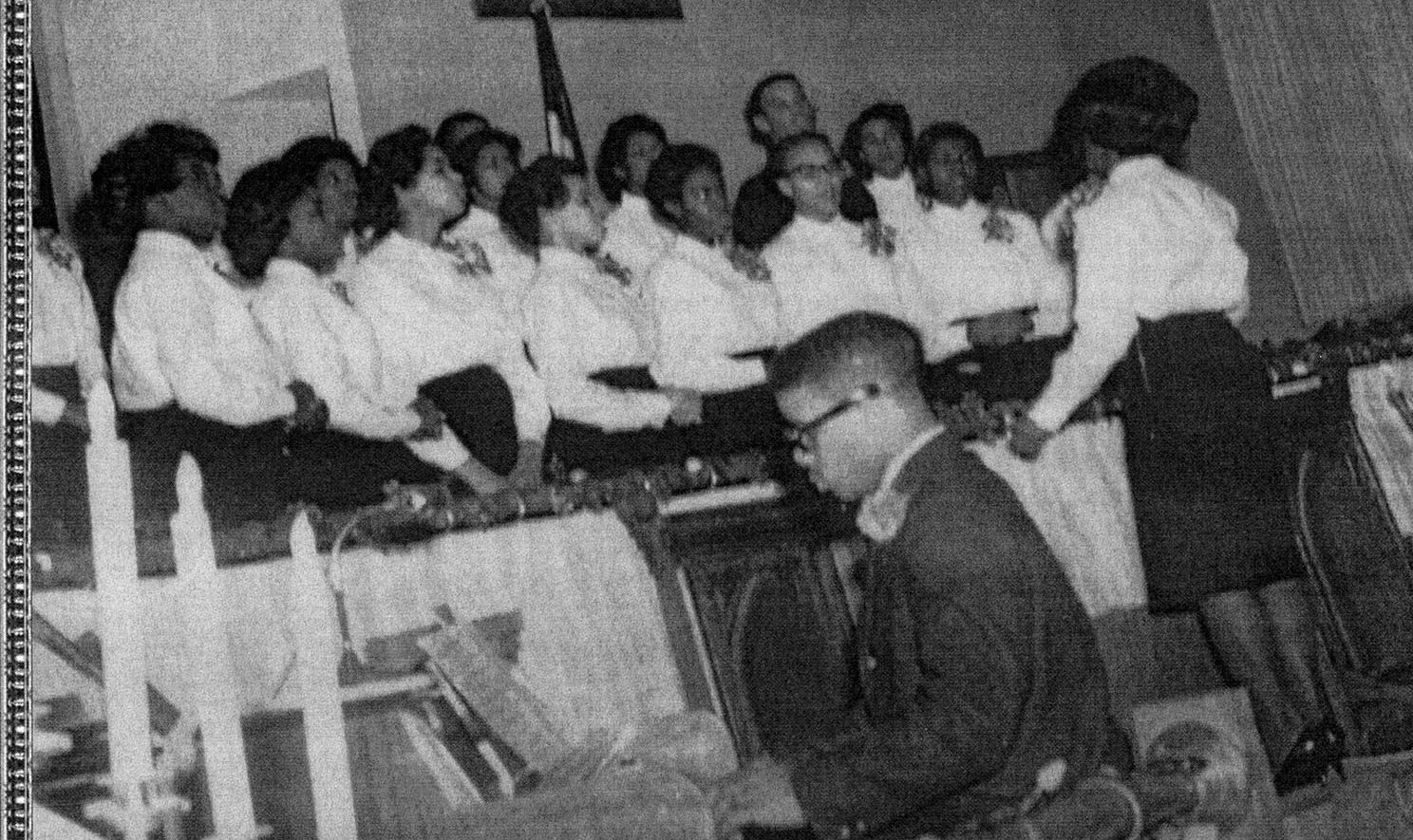
From Pews to Pixels: Weber State’s Stewart Library Digitizes New Zion Baptist Church’s Legacy
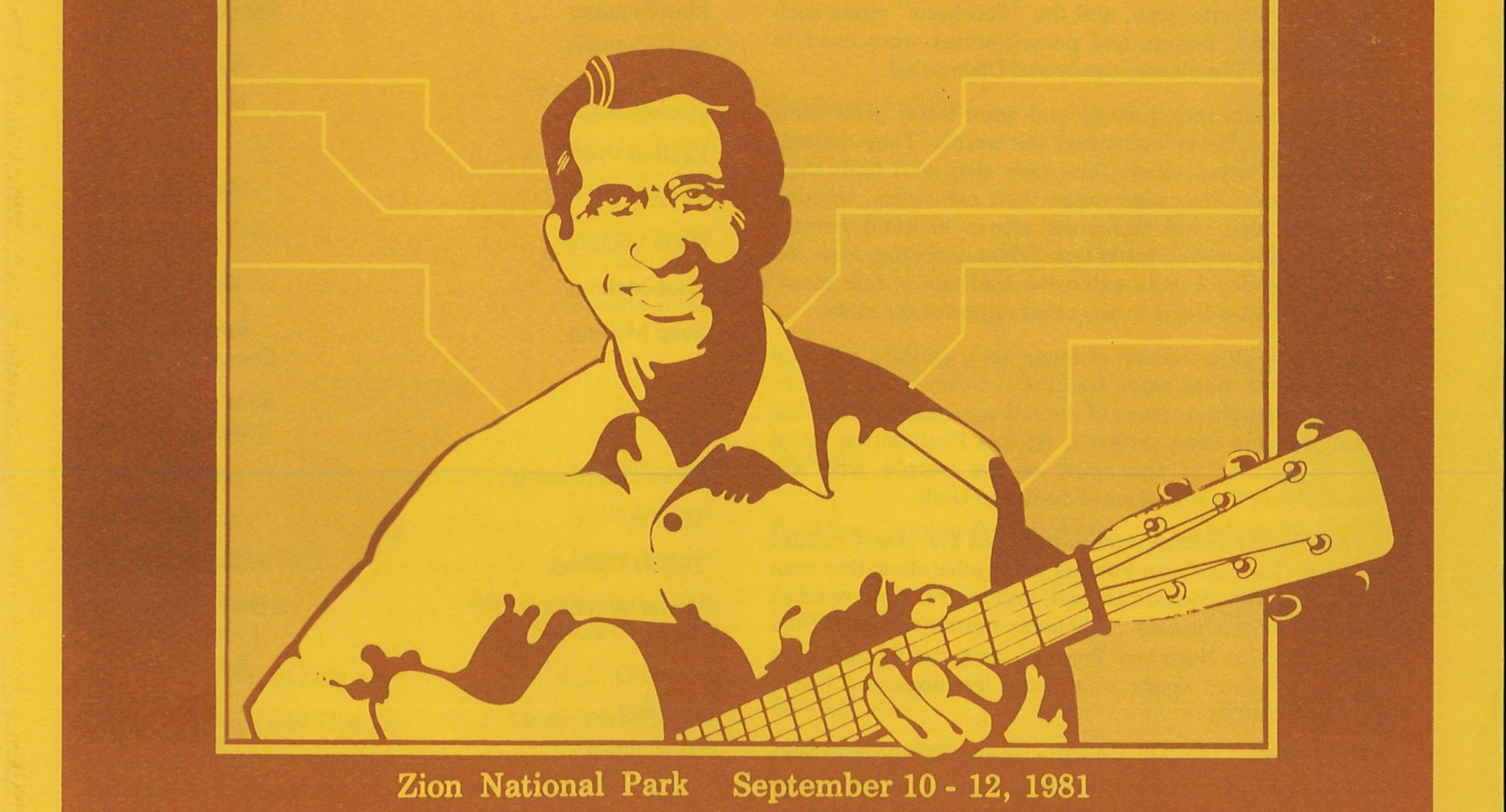
New Finding Aids at the Archives: March 2024
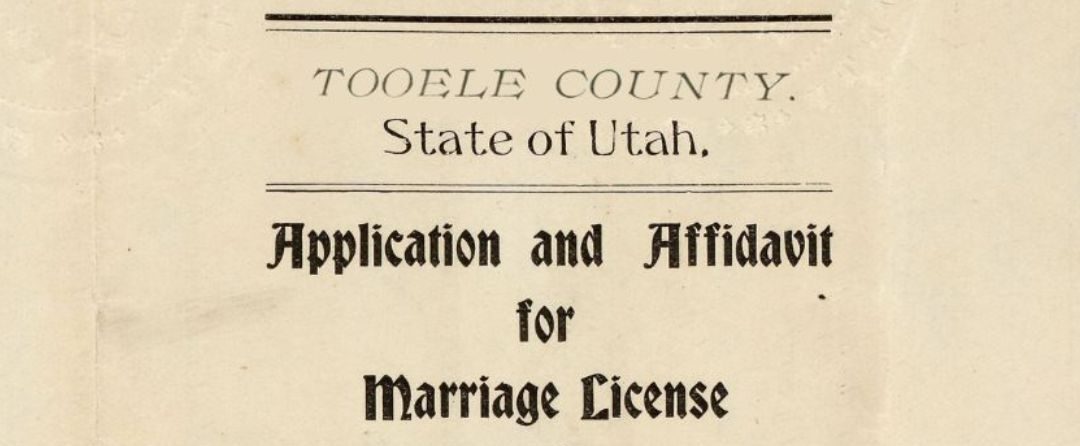
Sealing the Deal: Tooele County Clerk’s Office Unlocks the Vault with Historic Marriage Records
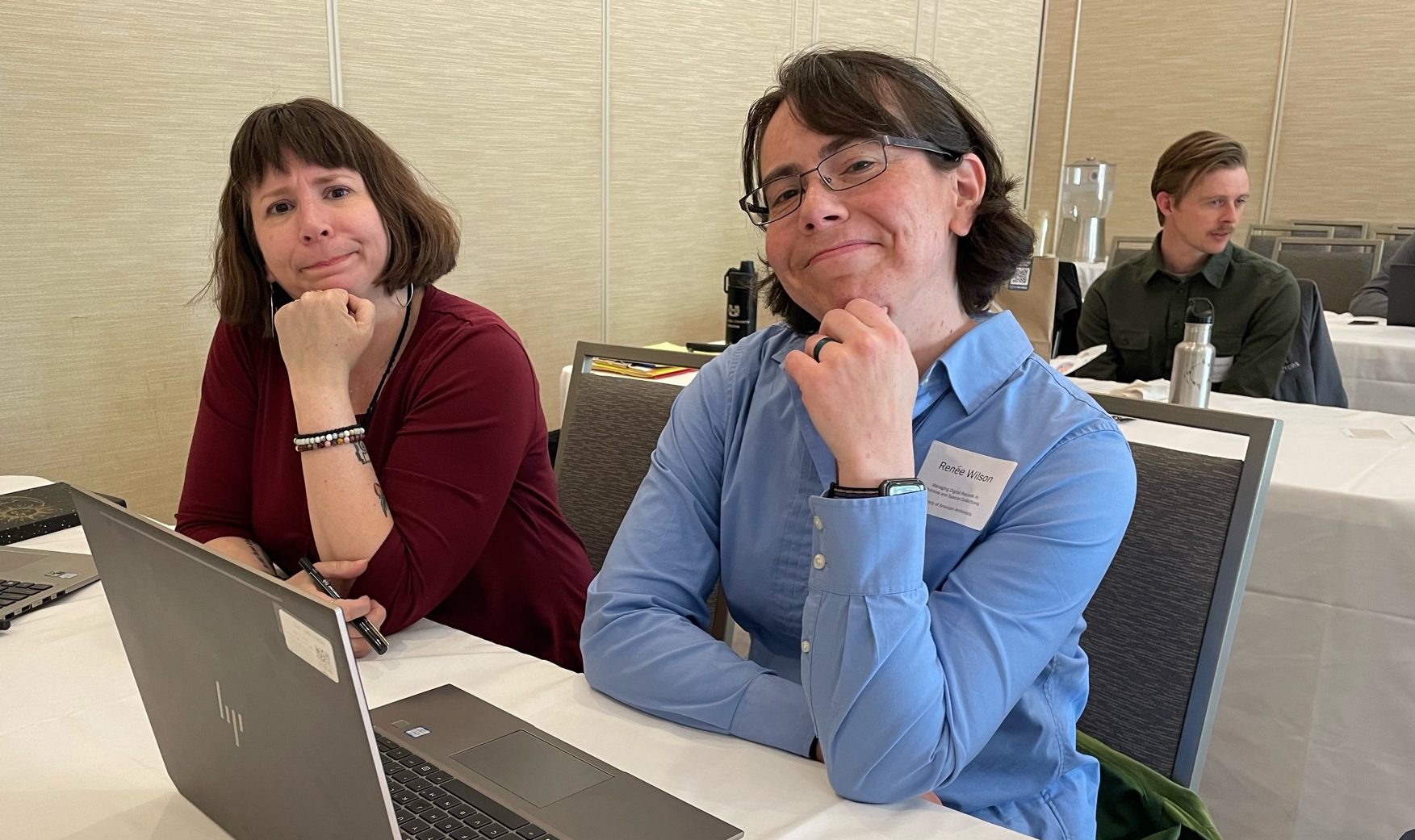
Summer 2024 Internships
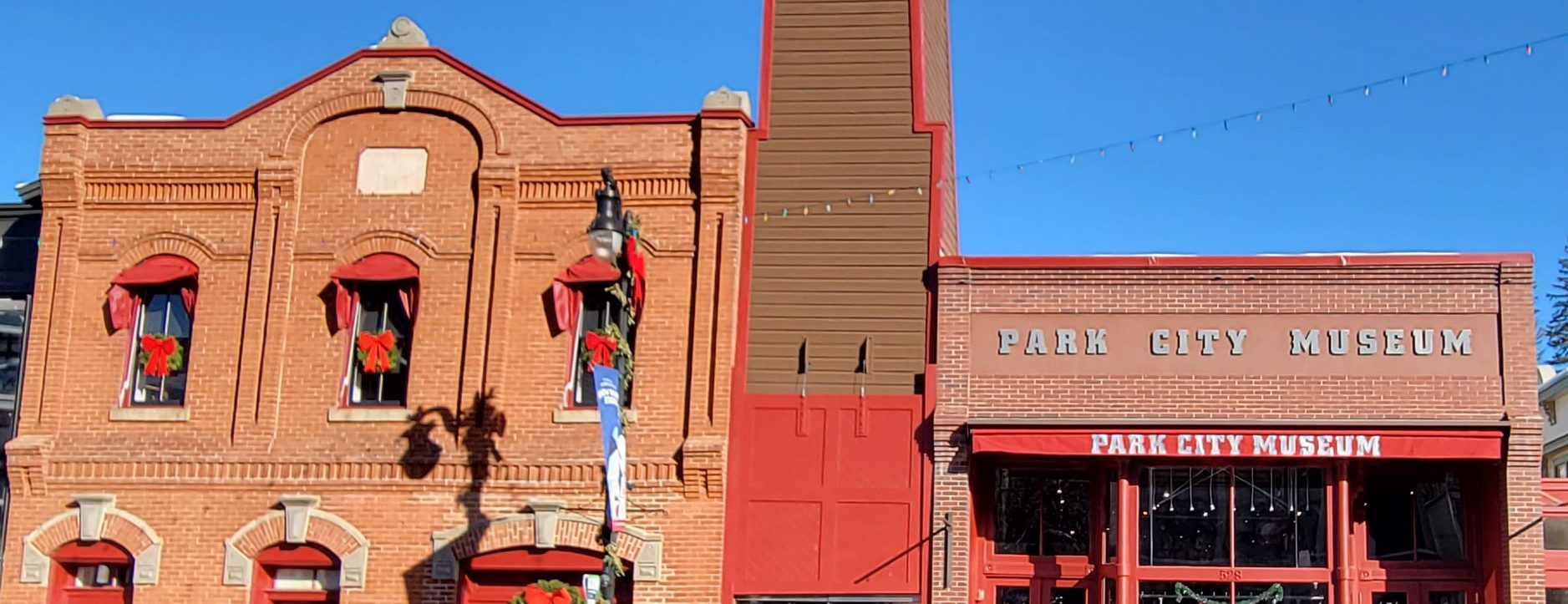
Developing History: Park City Museum’s Snapshot into the Past
Authors
Categories
- Digital Archives/
- Electronic Records/
- Finding Aids/
- General Retention Schedules/
- GRAMA/
- Guidelines/
- History/
- Legislative Updates/
- News and Events/
- Open Government/
- Records Access/
- Records Management/
- Records Officer Spotlights/
- Research/
- Research Guides/
- State Records Committee/
- Training/
- Uncategorized/
- Utah State Historical Records Advisory Board/